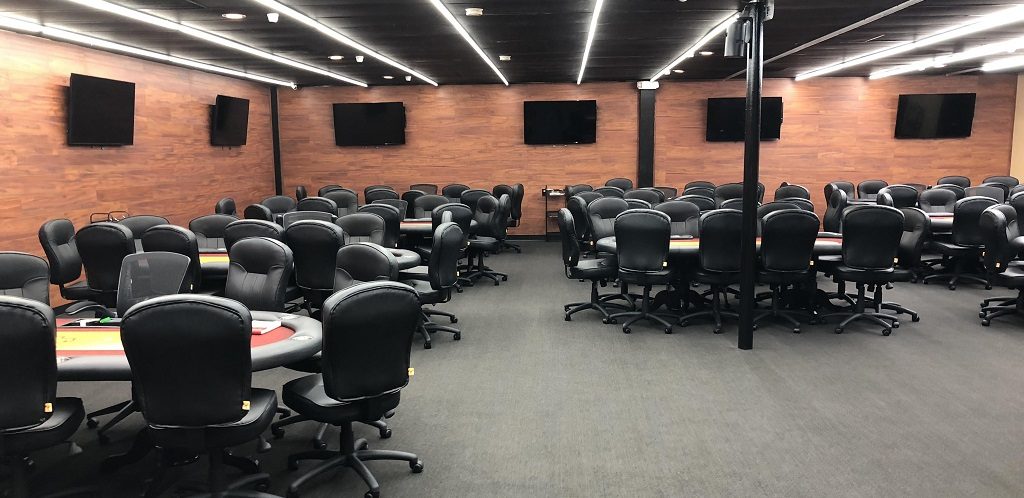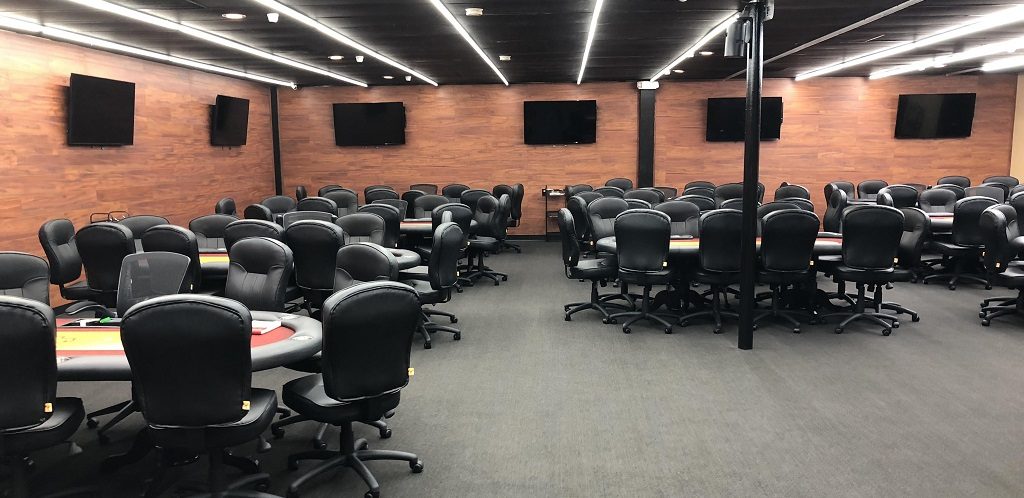The narrative on Pennsylvania mini-casinos appears to be changing.
Most stories regarding state lawmakers authorizing the opening of up to 10 mini-casinos across PA have centered around where they will be located. Or, how much in tax revenue the operations can create for the communities that host them. Still, others have discussed whether the satellite casino operations are sustainable. Particularly in what is quickly becoming an oversaturated Northeast casino market.
Now, thanks to PA-based casino industry giant Penn National Gaming, some talk is changing. In fact, discussions are beginning to surround what a mini-casino can do for a community, outside of just providing tax dollars and jobs.
Penn National picks York County
The first mini-casino auction was held by the Pennsylvania Gaming Control Board (PGCB) in January. At the time, Penn National Gaming subsidiary Mountainview Thoroughbred Racing Association, LLC, which runs the Hollywood Casino at Penn National Race Course in Grantville, bid a whopping $50,100,000 for the rights to build around the borough of Yoe in York County.
Penn National won the bid easily. Mostly because it went above and beyond industry projections of between $30 to $40 million to secure the rights.
The area in which Penn National has the rights to build its mini casino sits approximately 50 miles south of the Hollywood Casino. Plus, it is 20 miles north of the Maryland state line. It appears to have been strategically selected to help protect the Hollywood Casino from the competition.
However, as Penn National Gaming zeros in on the exact location where it will build the mini-casino, further motives may be emerging.
Saving Mifflin House
The York Daily Record local newspaper, part of the USA Today Network, published a story this week claiming Penn National is looking at three parcels of land in an area off the Wrightsville exit of Route 30 for its mini casino. One of which includes the historic Mifflin House.
Mifflin House was built around 1800. It was operated by owners Jonathan and Susanna Mifflin as a safe house on the Underground Railroad through the late 1850s. The Underground Railroad was a network of secret routes and safe houses used by African-American slaves to escape into free states and Canada.
The house sits on a hill above the Borough of Wrightsville surrounded by a growing industrial park. It is eligible for listing in the National Register of Historic Places. Particularly because of its association with the Underground Railroad. However, several plans for the area have called for its demolition. As a result, a movement has begun to save the property.
If it does select the site where Mifflin House sits, Penn National spokesman Jeff Morris told The York Daily Record the company could save the day, preserving the historic house:
“We understand the importance to the community.”
Penn National gaming representatives reportedly attended a Hellam Township meeting last week. There, they explained the company’s interest in the three parcels of land in the area.
Township supervisors immediately voted in favor of allowing a mini-casino in Hellam.
The hope is that Penn National will incorporate Mifflin House land into the development of the casino. A move that will save the historic property.
The fact Penn National is considering the idea is certainly pleasing to local preservationists.
Changing the narrative on mini casinos
However, Penn National Gaming is still considering several other sites as well. Even though none appear to be able to provide the kind of public relations lift the Mifflin House location can. Plus, no other site has the power to change the narrative on mini-casinos altogether like it does.
The deadline for Penn National to select a location for its mini-casino is coming up in July.
Photo by Heidi Besen / Shutterstock.com
The post A New Penn Mini-Casino Could Save An Old PA Landmark appeared first on Play Pennsylvania.





